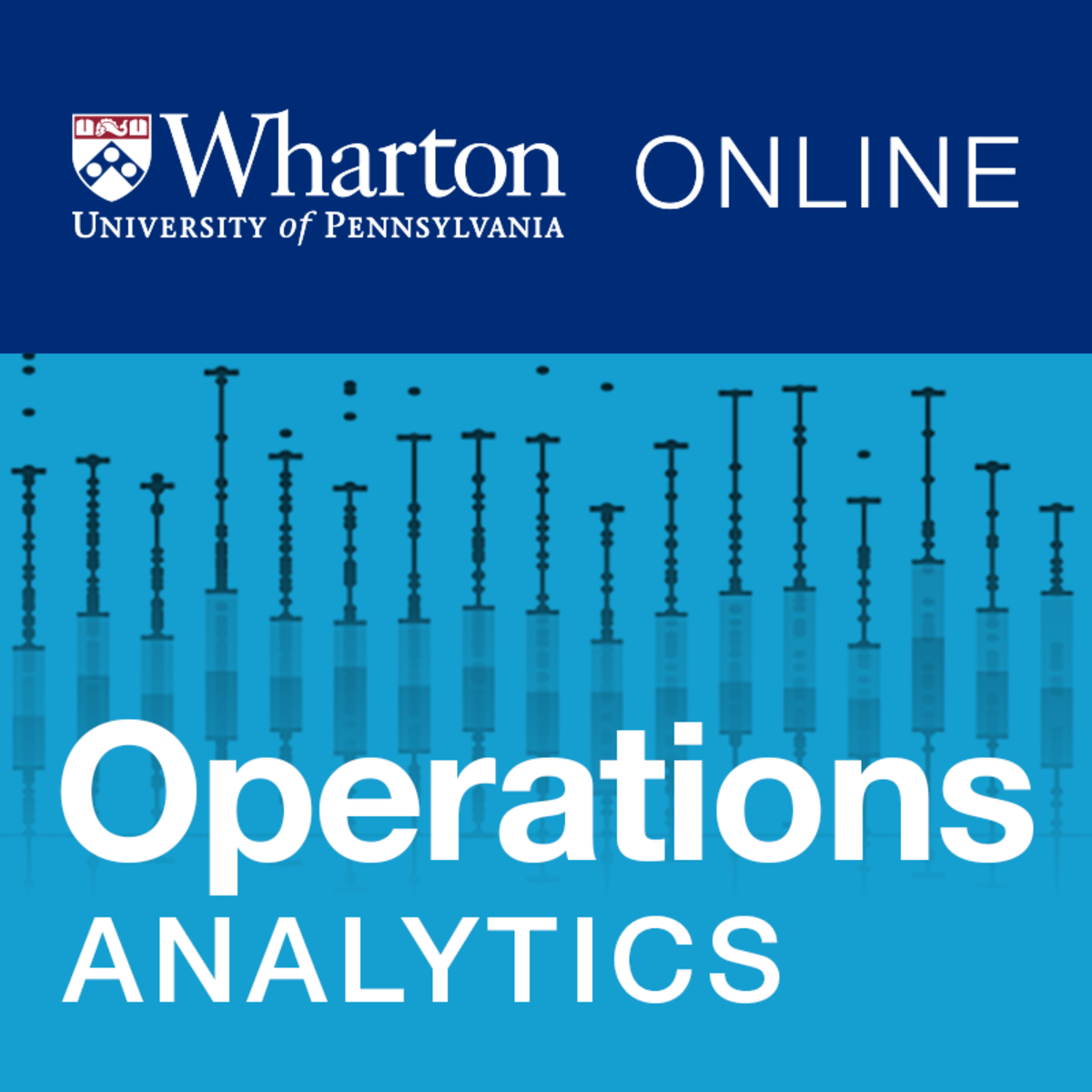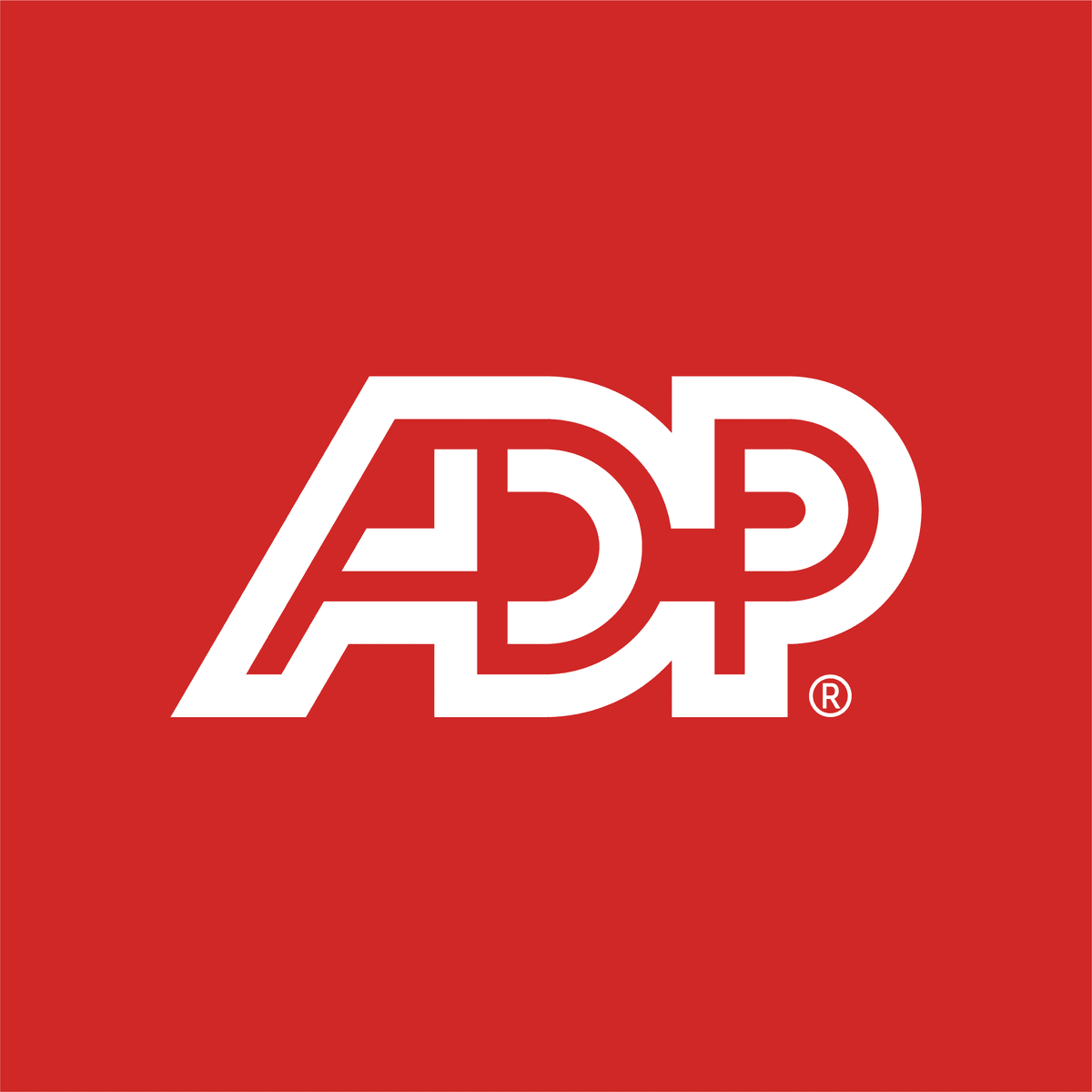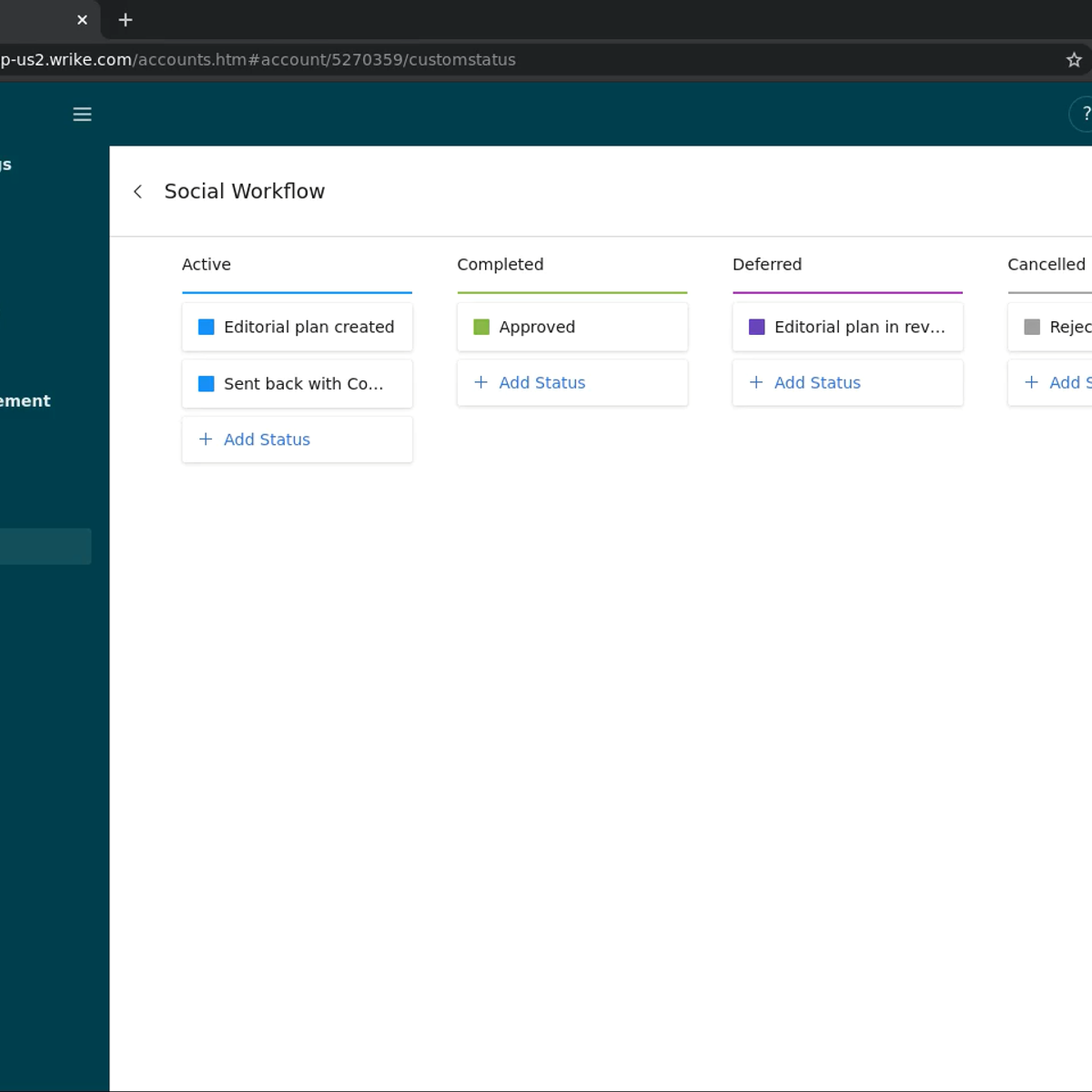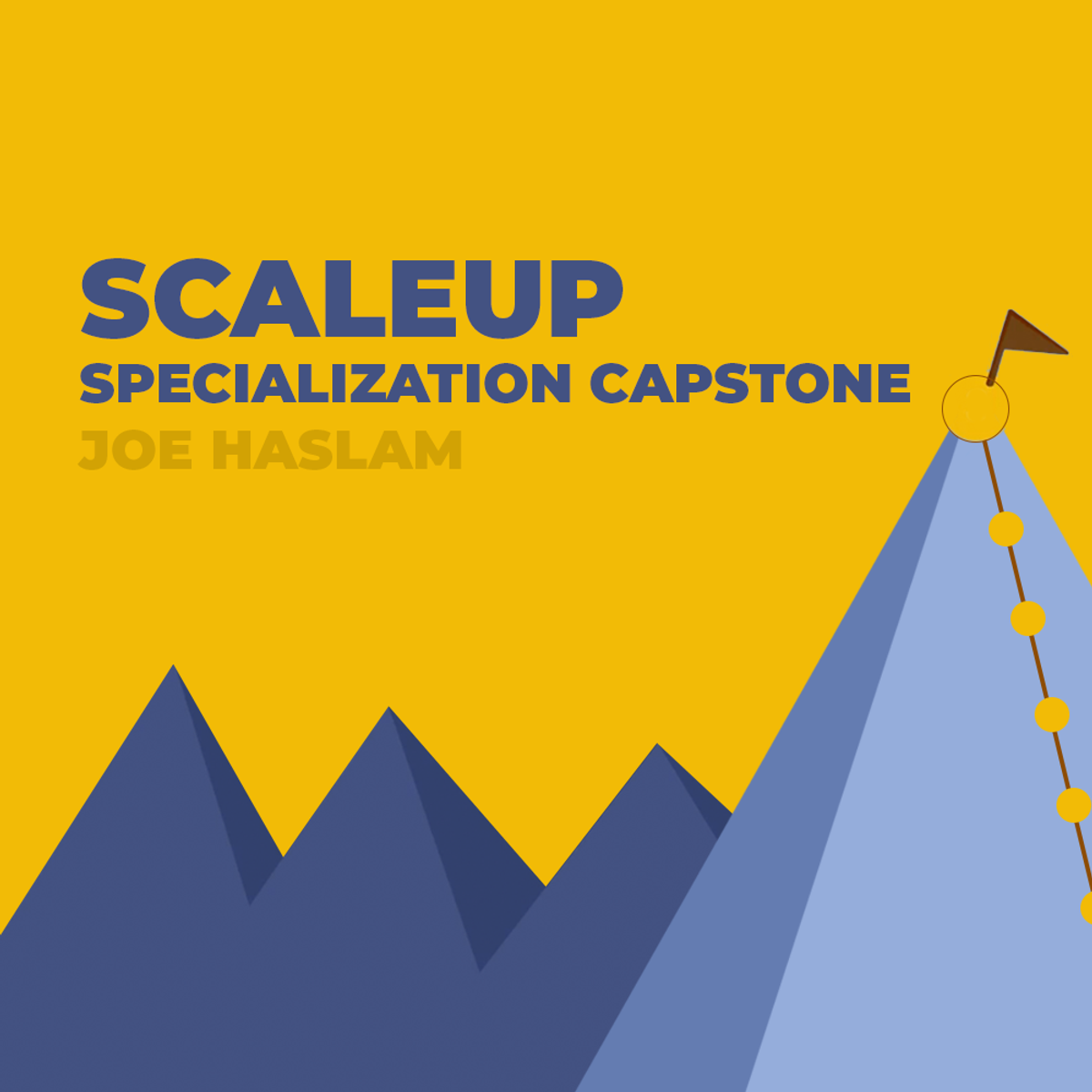Back to Courses









Business Courses - Page 36
Showing results 351-360 of 2058

Fundamentals of entrepreneurship in the family business
Nowadays, family businesses are indispensable in our economy. However, it is very important to identify the tools and strategies of success that allow them to transcend in a competitive environment. For that reason, this entrepreneurship course gives you the opportunity to know and apply best practices, taking into account entrepreneurship and innovation models that will allow you to take advantage of the strengths that posseses the family business, in order to create a suitable business for next generations.
In this entrepreneurship course you will have the opportunity to know the instruments and components that involve entrepreneurship; from ideation, market validation and value proposition, to present your sales plan to attract investors (Business Pitch).
This online course delivers the knowledge and tools necessary for the success of a venture in the family business.
The Center for Entrepreneurial Families and EGADE Business School of the Tecnológico de Monterrey is the ideal institution to develop these skills, since Tecnológico de Monterrey is the number 1 university in Mexico and the 6th best in Latin America according to Times Higher Education (THE) 2016.
Professors at Center for Entrepreneurial Families are highly qualified and recognized as part of the worldwide STEP project for family entrepreneurship, and EGADE Business School is the number 1 business school in Latin America in MBA program, according to the ranking of AméricaEconomía.

Portfolio Diversification using Correlation Matrix
By the end of the project, you will be able to apply correlation matrix in portfolio diversification.
ATTENTION: To take this course, it is required that you are familiar basic financial risk management concepts. You can gain them by taking the guided project Compare Stock Returns with Google Sheets.
Note: This course works best for learners who are based in the North America region. We're currently working on providing the same experience in other regions.
This course's content is not intended to be investment advice and does not constitute an offer to perform any operations in the regulated or unregulated financial market

Operations Analytics
This course is designed to impact the way you think about transforming data into better decisions. Recent extraordinary improvements in data-collecting technologies have changed the way firms make informed and effective business decisions. The course on operations analytics, taught by three of Wharton’s leading experts, focuses on how the data can be used to profitably match supply with demand in various business settings. In this course, you will learn how to model future demand uncertainties, how to predict the outcomes of competing policy choices and how to choose the best course of action in the face of risk. The course will introduce frameworks and ideas that provide insights into a spectrum of real-world business challenges, will teach you methods and software available for tackling these challenges quantitatively as well as the issues involved in gathering the relevant data.
This course is appropriate for beginners and business professionals with no prior analytics experience.

Value and Business Decision Making
This course is part of a Specialization titled “Strategy and Finance for a Lifecycle of a Social Business”. It is an introduction to time value of money and will help the learner understand the basics of finance with the ultimate goal of valuing a company from a societal lens.
The beauty of the modern decision-making framework is that it can be used to understand value creation at any level – the individual, the corporate or nonprofit entity level and from the point of view of society. The applications however become increasingly complex as your lens expands from the individual to the corporate/nonprofit to the global society. In this Specialization we will therefore focus on understanding the frameworks and tools that an individual and an entity (a startup or an established corporation, private or public) can use to understand value enhancing decision-making.
There are two building blocks of decision making – time value of money and risk.
In this second course, we will use the same framework developed in the first course to evaluate decision-making by entities – businesses – to create value. We will realize how the evaluating value from the lens of multiple stakeholders is inherently more complex. You are also encouraged to think from a societal standpoint because that, ultimately, is the difference between a social and a private business. The societal perspective is the most complex and market prices are typically not available for both the benefits and costs.
As indicated at the outset, the beauty of modern frameworks and tools of analysis is that they are logical and do not change depending on the purpose of business. However, to demonstrate social impact is very complex because prices for both the public good, and any harm created by our actions, are not available. It is also very challenging to determine the incremental effect of a business on society at large. The combination of these issues makes all social impact and value specific to a business, making it even more important to use the same frameworks and tools developed in this Specialization to value any business.

Diversity, Equity & Inclusion
In collaboration with the HRO DE&I Training Workstream, Enterprise Learning and Corporate Training/Leadership Development, three training modules were developed. These modules are designed to provide Clients with a DE&I foundation and tools to create and maintain an inclusive workplace.
The intention of DEI Training is not to force anyone to change their mind or opinion, but to help build awareness of unconscious bias, cultural competence, or other barriers to diversity, equity, inclusion (DEI), and belonging. It can also motivate positive behaviors and attitudes and foster an environment where workers can feel comfortable bringing their full, authentic selves to work.
DEI Training is not a stopping point and should underscore the importance of having a solid foundation of strategic priorities, consistent measurement and evaluation, and a clear alignment between organizational values and DEI goals.
ADP does not endorse any training or teaching that compels an employee to believe any of the concepts listed in Florida HB 7.

First Steps in Making the Business Case for Sustainability
The Business School at the University of Colorado Denver wants to help you become a change agent for sustainable business. We hope that with the skills and concepts you gain from this specialization that you will help your business reduce its social and environmental impact. Being a change agent is hard. It takes courage and passion and knowledge. To implement change also requires being able to make the case for that change in terms that people in your company or organization respond to and understand.
After completing the specialization, you will be able to:
* Discuss the threats and opportunities that major global trends such as climate change present to businesses;
* Identify ways a company can improve its environmental and social performance;
* Evaluate and compare companies’ sustainability activities and products;
* Develop a business case for implementing sustainability investments;
* Identify key criteria of green businesses and product design;
* Be a change agent in your organization;
* Understand emerging topics in sustainable business, including those in the public policy space.
We're very excited about offering this MOOC specialization and hope it gives you the first step toward learning about and taking action to make the places you work and the products you buy more sustainable.
Sustainable business changes daily with new products, innovations and ideas, so you will be important in keeping the class current. We look forward to learning from you as you take this green journey!
______

Create a custom workflow in Wrike
In this 2 hours project you will create custom workflows in Wrike to manage your projects, change status to tasks using custom workflows and creating dashboards to display task by workflow and status.

How to create and sell templates on Canva
In this guided project the learner will have the opportunity to learn how to create and sell templates created on Canva. Canva is an online graphic design program that allows you to create and design all types of documents, graphic design compositions and more. Canva is a great option for those looking for a user-friendly and easy-to-use platform to create attractive designs. Canva has many elements that are free and it gives you a lot of freedom when designing. In addition to this, Canva has paid content that offers another endless number of elements and possibilities for the design but they are not mandatory or totally necessary, so the user has the freedom to choose how much content or elements they want to have at their disposal. Canva is an extremely useful tool for those who are just starting out and even becomes a very good tool for those who have spent years designing in more advanced programs. It is a fast option that does not need to be installed on your computer and as long as you have an Internet connection, it will be an accessible tool.

Scale Up Specialization Capstone
This Capstone course is aimed at learners who have experience of working in a startup and want to scale up their business and want to bring together what they have learned in the three previous courses on scaling up a startup (Scale Up Your Startup, Scaling Product and Processes, and Building Culture in a Scaleup).
Through the Capstone Project, you´ll showcase your understanding of the key issues a scaleup faces and how to overcome these issues and challenges - from the initial moment when scaling up becomes a possibility, through transitions in product and processes, to the creation of a strong, effective, and resilient company culture that will last. For the project, you´ll profile a company and go in depth to find out how that company scaled, producing a polished and comprehensive piece of writing that demonstrates your understanding of the scaleup journey.
After completing this Capstone project, you will have developed insights into why companies scale up, how they plan for the scaleup phase, how they scale up product and processes, how they adapt their sales and marketing strategies, how operations are affected, and how they build and maintain a productive, effective and diverse company culture through the scaleup phase.
Introduction to Business Analytics with R
Nearly every aspect of business is affected by data analytics. For businesses to capitalize on data analytics, they need leaders who understand the business analytic workflow. This course addresses the human skills gap by providing a foundational set of data processing skills that can be applied to many business settings.
In this course you will use a data analytic language, R, to efficiently prepare business data for analytic tools such as algorithms and visualizations. Cleaning, transforming, aggregating, and reshaping data is a critical, but inconspicuous step in the business analytic workflow.
As you learn how to use R to prepare data for analysis you will gain experience using RStudio, a powerful integrated development environment (IDE), that has many built-in features that simplify coding with R.
As you learn about the business analytic workflow you will also consider the interplay between business principles and data analytics. Specifically, you will explore how delegation, control, and feasibility influence the way in which data is processed. You will also be introduced to examples of business problems that can be solved with data automation and analytics, and methods for communicating data analytic results that do not require copying and pasting from one platform to another.
Popular Internships and Jobs by Categories
Browse
© 2024 BoostGrad | All rights reserved


